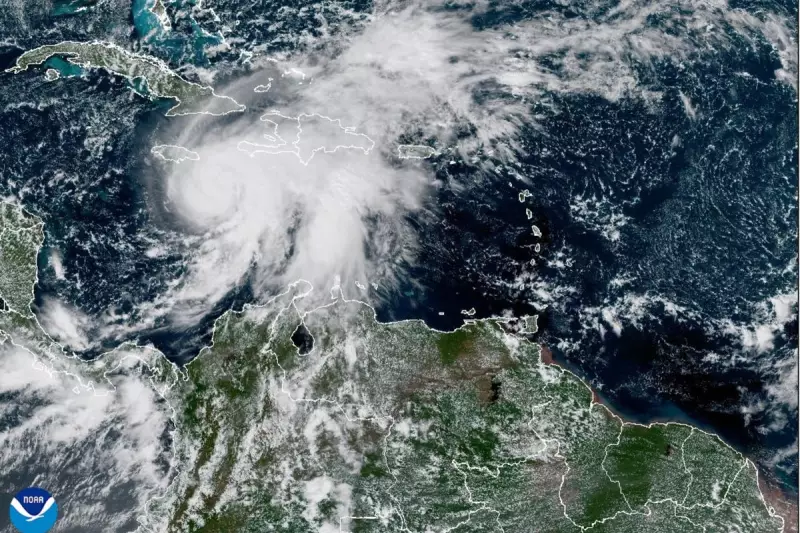
Scientists have issued a stark warning about the stability of a crucial Atlantic Ocean current system that could be approaching a catastrophic tipping point with potentially devastating consequences for global weather patterns.
The Atlantic's Failing Heart
New research published in the journal Science Advances reveals that the Atlantic Meridional Overturning Circulation (AMOC), which includes the Gulf Stream, is showing alarming signs of instability. This vast network of ocean currents acts as the planet's climate regulator, transporting warm water from the tropics toward northern regions.
The AMOC collapse would trigger unprecedented climate chaos, plunging parts of Europe into deep freeze while accelerating sea-level rise along eastern North America. Tropical monsoon patterns would shift dramatically, threatening agricultural systems that feed billions.
From Theory to Terrifying Reality
What makes this research particularly concerning is that scientists have moved from theoretical modelling to identifying actual early-warning signals in real-world data. The study's authors analysed 150 years of sea surface temperature data, discovering critical slowing down in the system that typically precedes collapse.
"We've moved from abstract climate models to seeing the fingerprints of actual destabilisation in historical observations," explained lead researcher René van Westen from Utrecht University. "The signs are unmistakable."
Climate Change as the Primary Driver
The research points squarely at human-induced climate change as the main culprit. Melting Greenland ice sheets and increased rainfall are pouring massive amounts of freshwater into the North Atlantic, disrupting the delicate salt balance that powers the current system.
While the exact timing of potential collapse remains uncertain, the study suggests it could happen much sooner than previously anticipated - potentially within this century under current emissions scenarios.
This research serves as yet another urgent call for immediate climate action, highlighting how human activities are pushing Earth's vital systems toward irreversible tipping points with global consequences.





